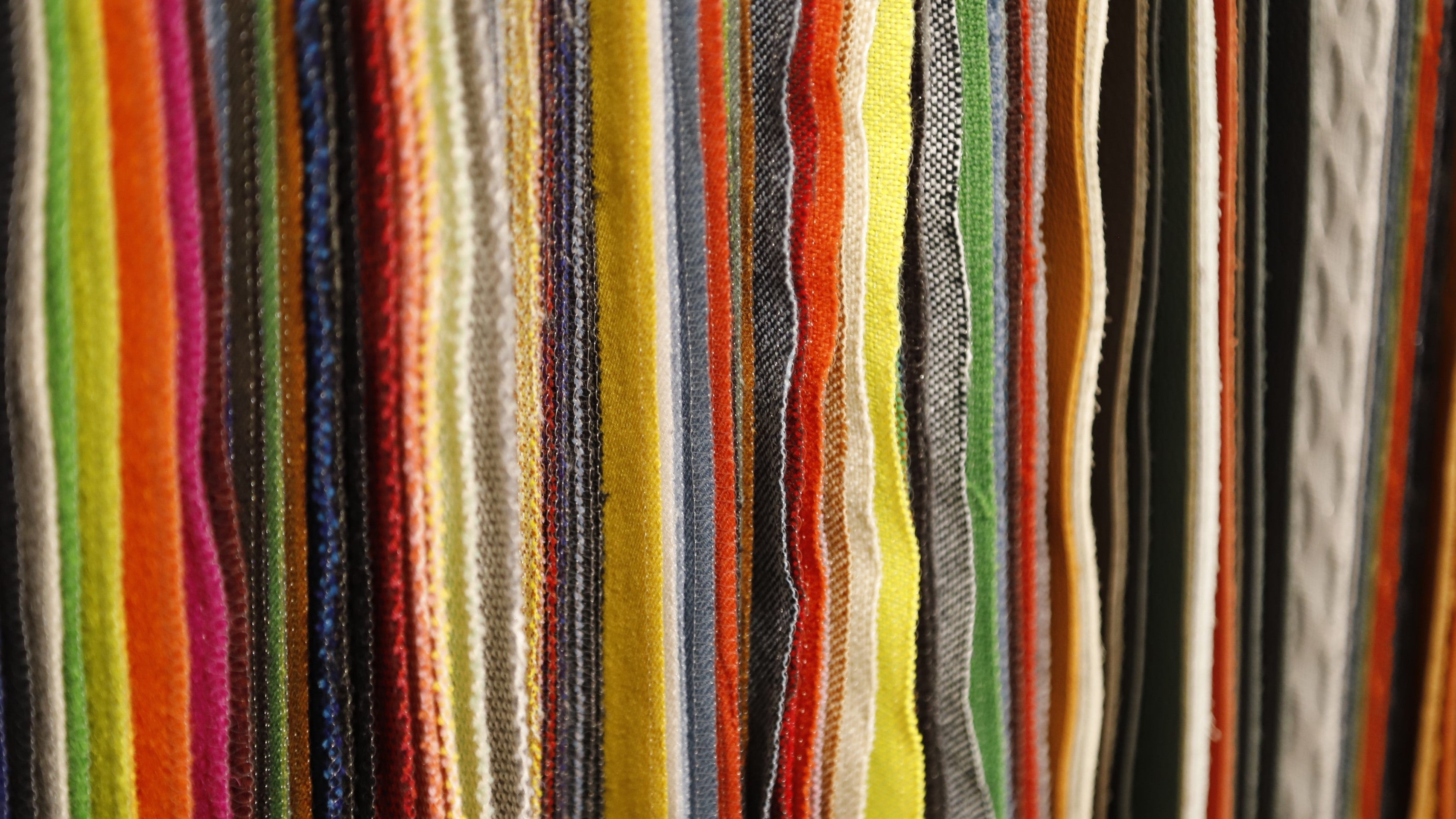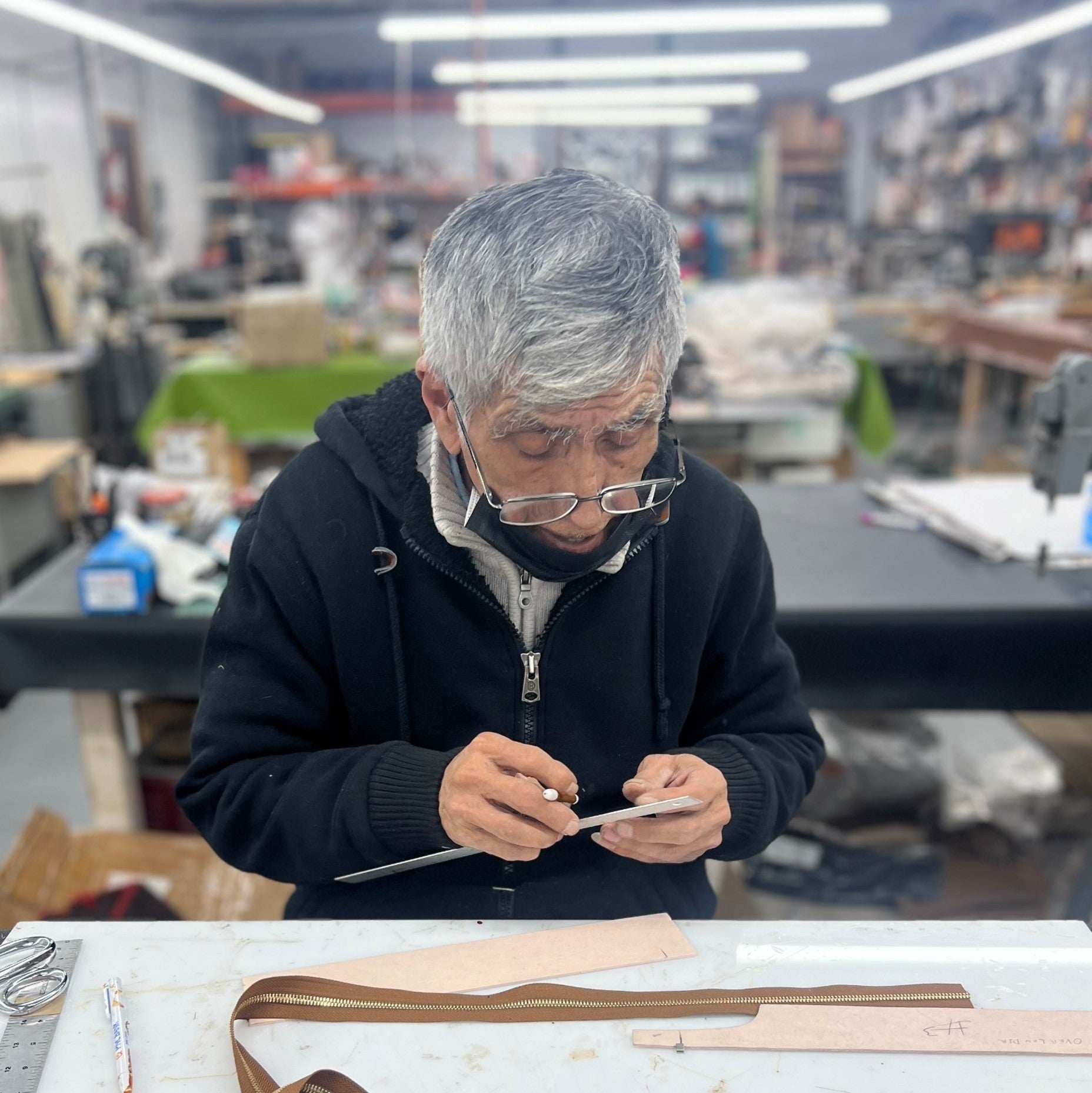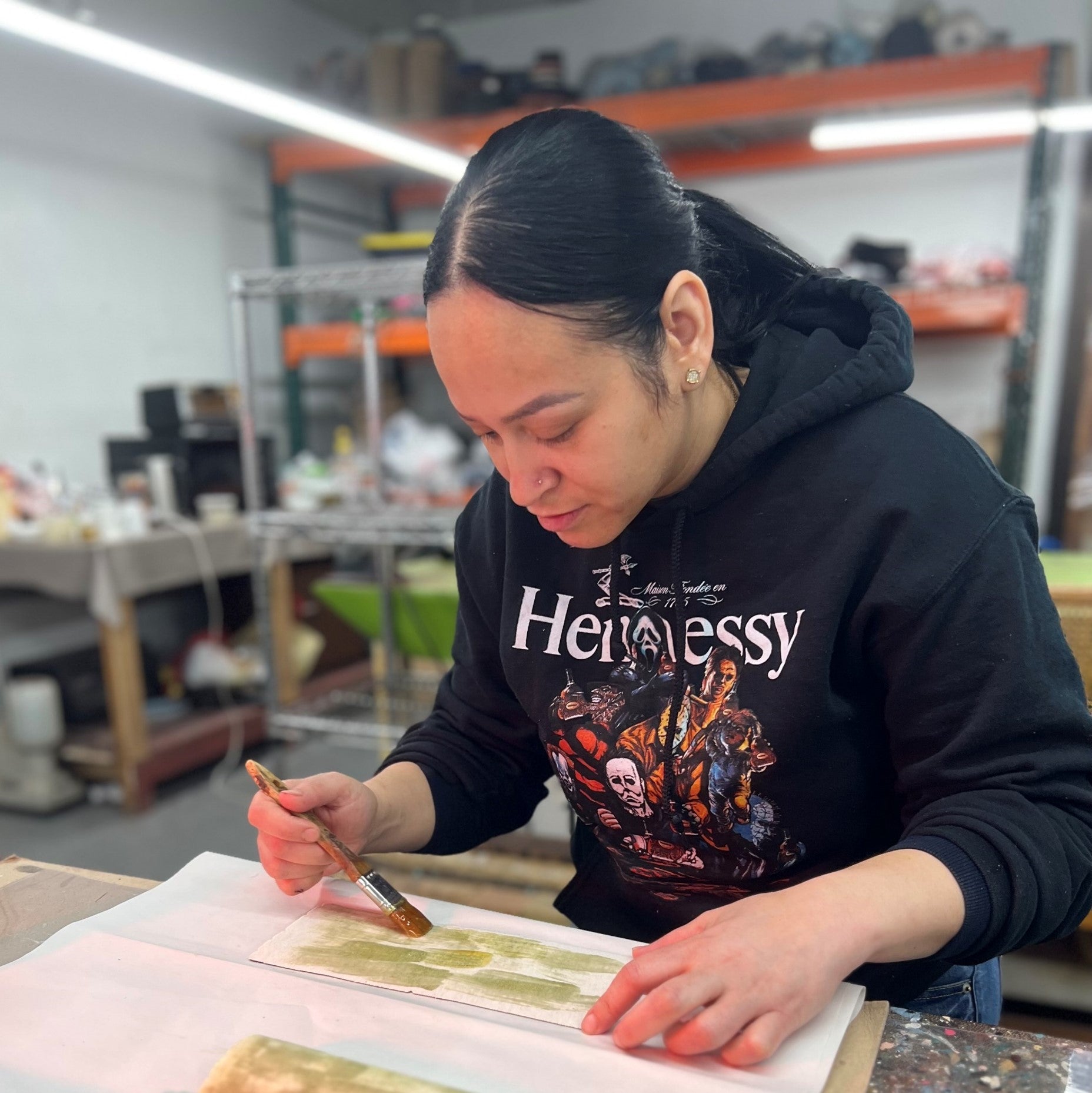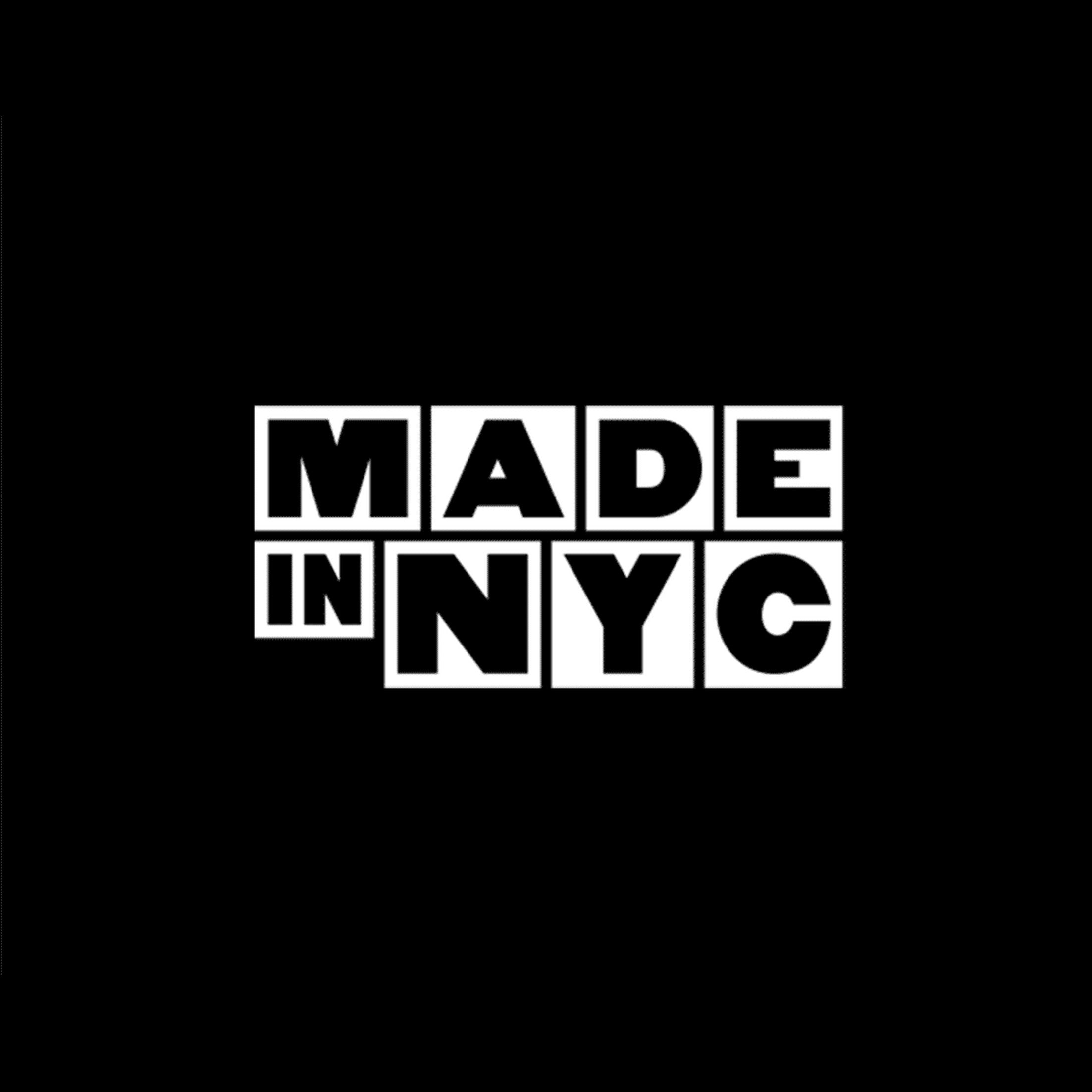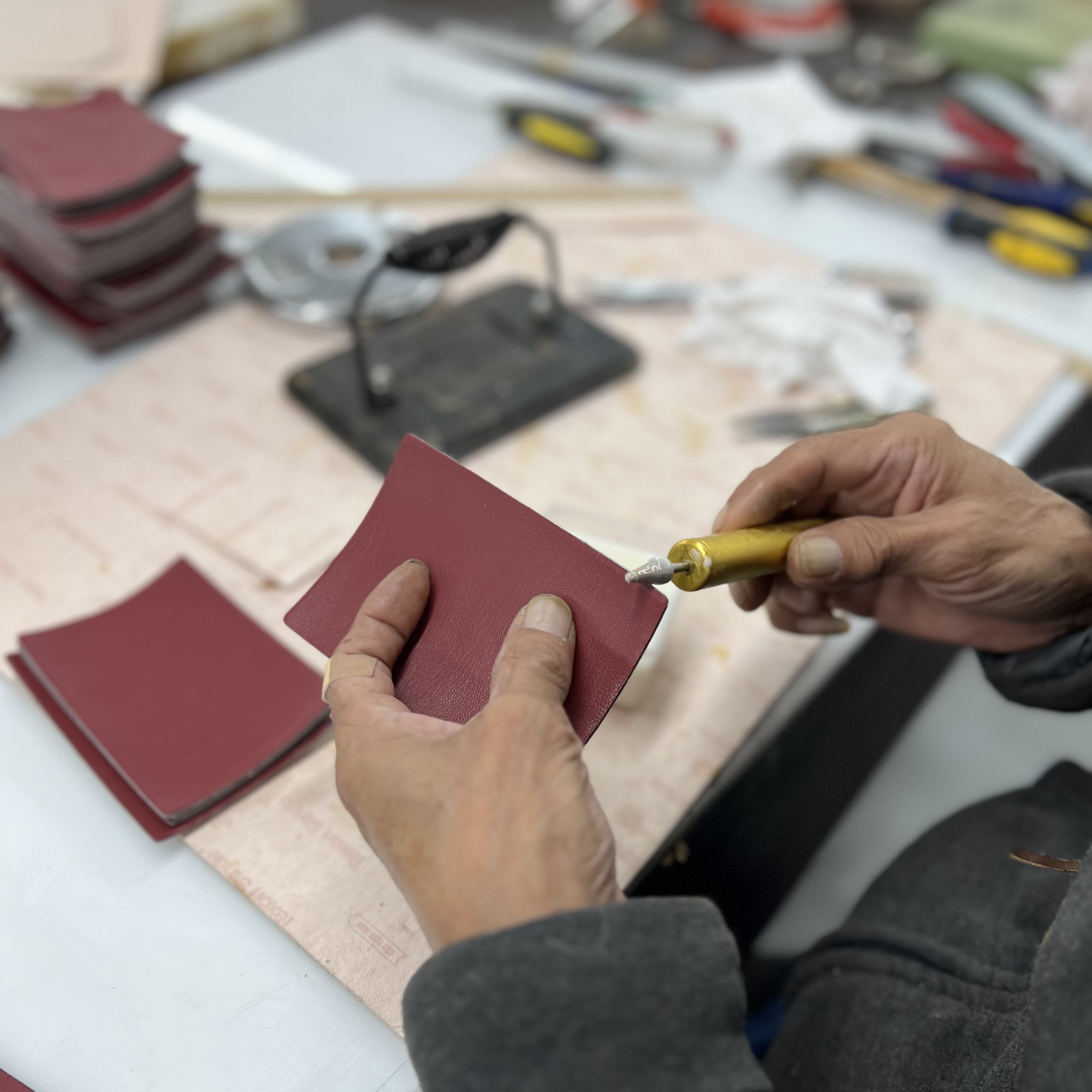Why
When it comes to making handbags, it is often overlooked just how handmade every part of the process is
Best Artisanship
The Garment District has been offering the best talent and craftmanship in the US since the early 20th century as the center for fashion manufacturing
Small Batch Production
Only feasible when producing locally instead of overseas, so that we keep environmental impact to the minimum by avoid overproducing
Quality & Transparency
We know who the makers are. We know they are fairly compensated. We know who made which bag. Because we are there, with them, every step of the process
Community Building
We prioritize helping local communities through our day-to-day business and long-term partnerships with non-profits. Learn More
Meet the Makers
we are committed to ensuring health and fairness for all involved in making the AllÉgorie bag
All workers at our manufacturing partner in Long Island City, Queens, are fairly compensated, and provided with social benefits & insurance. We are also a pound member of Made in NYC, a nonprofit initiative that supports local manufacturers and makers in New York City.
Staying Local
We regularly participate in some of new York's oldest and largest fairs
Follow us on social media & find us around NYC

Mission based sunday fair with 100% profits donated to 4 public schools in UWS
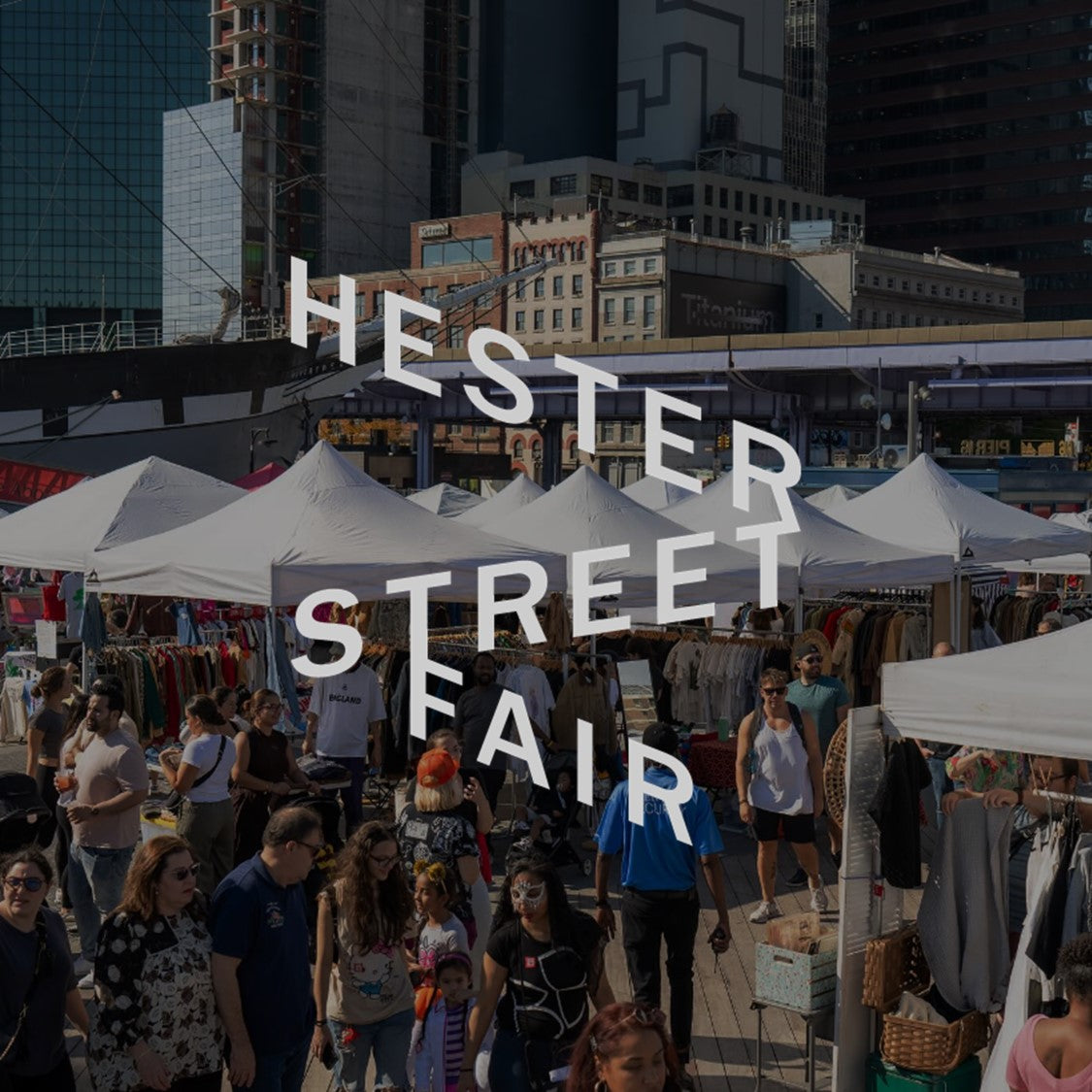
Originated from LES & home for more than 500 local businesses
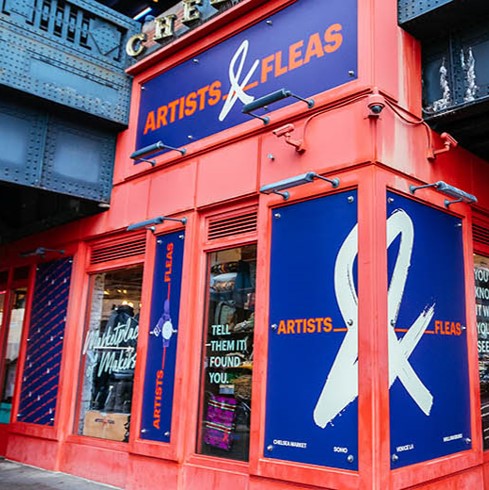
A marketplace for local makers in the heart of Chelsea and Williamsburg
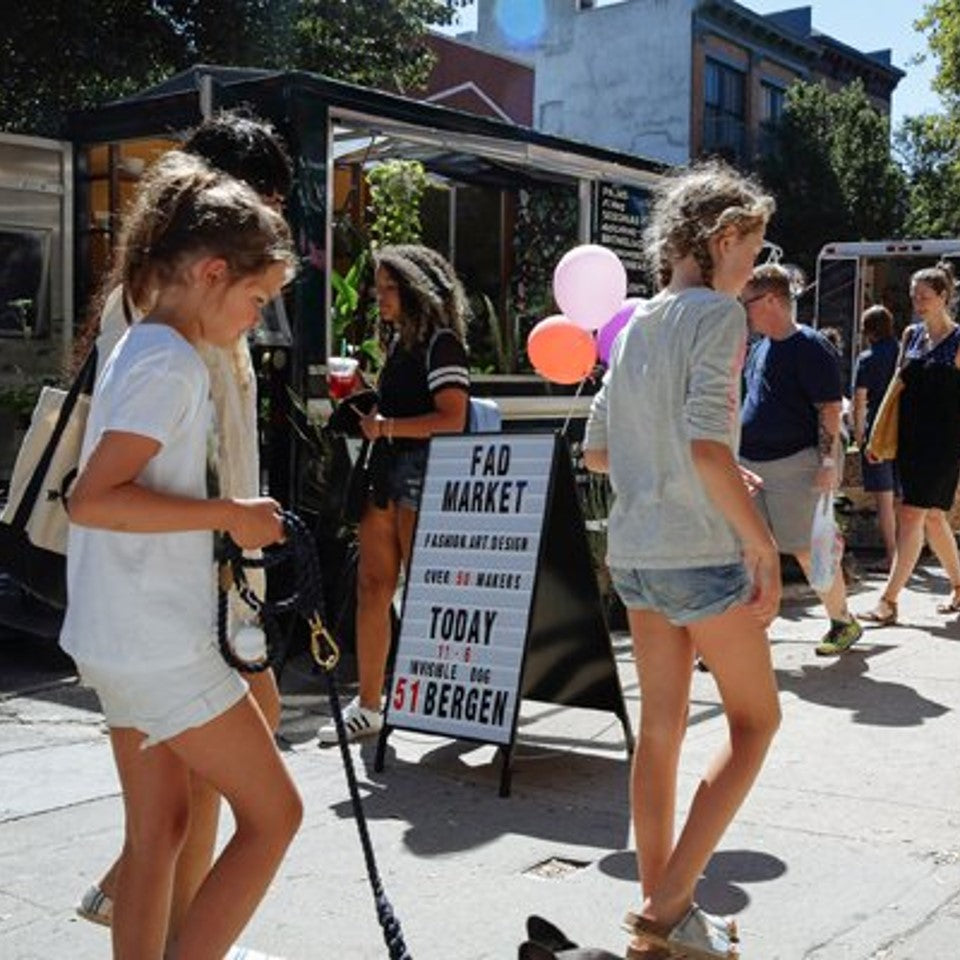
A roving Fashion, Art and Design pop-up market in Brooklyn

